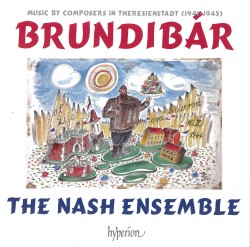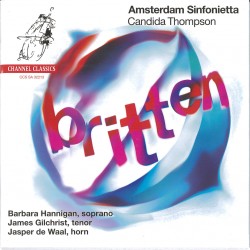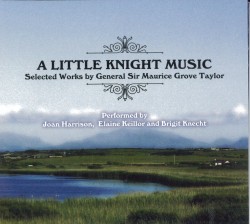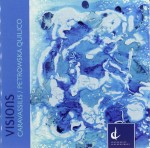Dompierre – 24 Préludes
 Dompierre – 24 Préludes
Dompierre – 24 Préludes
Alain Lefèvre
Analekta AN 2 9292-3
Canadian composer François Dompierre has had an eclectic career to say the least. Born in Ottawa in 1943, he studied music at the University of Ottawa and the Conservatoire de Montréal in addition to his private lessons with Claude Champagne, Clermont Pépin and Gilles Tremblay. Since then, his career has taken him on several paths, including those of conductor, composer, CD producer and travel writer. His own compositions demonstrate a myriad of genres – soundtracks for more than 60 films, a full-scale opera and upwards of 30 concert works.
Dompierre’s 24 Préludes were inspired by longtime family friend “Bob” whose keyboard dexterity and interest in boogie-woogie were a source of great fascination to the young François. Hence, it was with Bob in mind that Dompierre created this enticing collection of miniatures, engagingly performed here by Alain Lefèvre on a two-disc Analekta recording.
The set opens with a prelude aptly titled Frénétique which features a rollicking boogie-woogie style bass, very much à la 1940s. From here, many of the preludes pay homage to a particular dance or pop style, one for each of the major and minor keys of the tonal system, and all as diverse as the set of 24 preludes by Frédéric Chopin. For example, the eighth, titled Déterminé (Tango) is a rhythmic and bombastic interpretation of the famous Argentinean dance form, while No.12, Immobile (Cool) lies at the other end of the spectrum, minimal and introspective. Lefèvre demonstrates a real feeling for the music, capturing the mood of each piece with great panache. Many of them contain complex cross rhythms, syncopations and chromatic harmonies, elements best addressed by only the most musically adept of pianists.
In all, the disc is an appealing case of “new wine in old bottles” with composer and performer perfectly complementing each other. Bob would surely have approved!







